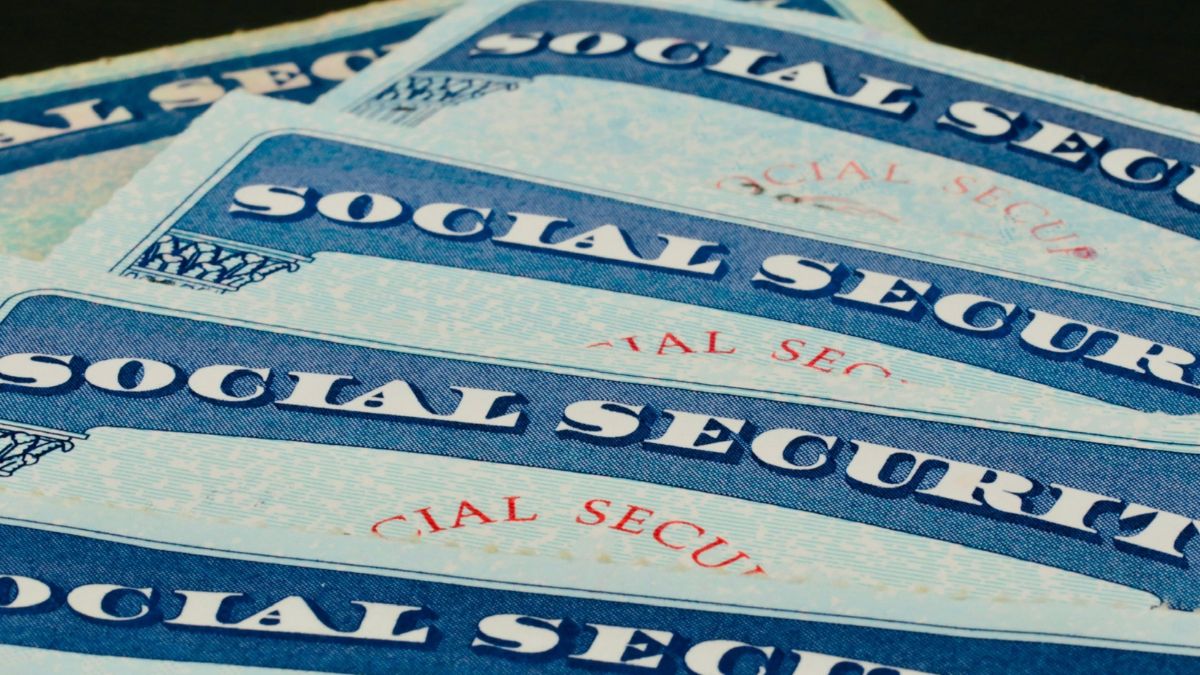Unlock The Hidden Traps: 3 Devastating Mistakes That Can Annihilate Your Social Security Benefits Overnight!
Ever wondered if your hard-earned Social Security benefits could just slip through your fingers like sand at the beach? Sounds insane, right? Yet, every year, tons of Americans face exactly that—losing part or all of their Social Security cash. It’s one of those sneaky little pitfalls that can catch you off guard if you’re not careful. From early retirement claims that shrink your checks to overlooked debts gobbling up your payouts, there’s a whole jungle of reasons your benefits might not stick around. And trust me, navigating the maze of qualifying rules and paperwork isn’t exactly a walk in the park either. But hey, here’s the kicker — knowing exactly what might trip you up is half the battle won. So, if you want to make sure that money keeps rolling in just like you planned, stick with me as we break down how to enroll the right way and dodge all those benefit-busting traps. Ready to take control of your Social Security story? LEARN MORE.
Losing your Social Security benefits may not seem like something to worry about, but it happens to many Americans every year. Indeed, according to finance pros, there are several ways someone receiving funds from the federal government program can lose their benefits, either temporarily or permanently. We explore exactly how it happens and how you can prevent it from happening to you below.
How to enroll in Social Security
To enroll in Social Security, you will need to apply at the Social Security Administration’s website. To ensure the process goes smoothly, be sure to have all the required documents, including your Social Security card, birth certificate, proof of U.S. citizenship or lawful alien status if you were not botn in the U.S., a copy of your U.S. military service papers if you served before 1968 and a copy of your W-2 form or self-employment tax return for the previous year.
“The criteria to qualify for Social Security are either to earn 40 work-related credits to qualify to draw Social Security retirement benefits on your own work record or qualify for spousal Social Security benefits based on your spouse’s work record, who must also have 40 work credits. One can earn 4 credits per year, 1 every 3 months, and the minimum income earned in that span must be at least $1,810.00 to qualify for 1 credit,” Kevin Walton, a registered Social Security Analyst, tells Woman’s World. “To be able to qualify for a spousal benefit, if it’s a current spouse, you have to be married for 1 year. Your spouse must first be drawing their own Social Security benefit, you must be at least 62 years of age and their benefit must be at least twice your retirement benefit.”

“If you are divorced, to claim Social Security benefits on your living ex-spouse’s work record, you have to have been married for at least 10 years. However, if you have been divorced for at least 2 years, you don’t have to wait for your ex-spouse to start drawing their benefits for you to draw the ex-spousal benefits. But you and your ex-spouse must be at least 62 years of age, and his or her benefit must be at least double what your own retirement benefit is to be. If you have not been divorced for at least 2 years, you must wait until your spouse starts taking their own benefit before you can apply,” he continues.
“If your existing spouse passes away, you only have to have been married for 9 months, and you can take spousal benefits early, at age 60. If you are disabled and your spouse passes, and you were married for 9 months, you may qualify for benefits as early as 50 years of age.”
Ways you can lose your Social Security benefits
There are several ways to lose your Social Security benefits; however, the most common one is if you claim some of your retirement benefits before reaching retirement age. If that happens, the Social Security Administration (SSA) will reduce your benefits by $1 for every $2 you received. This deduction is temporary, though, and can be reversed; however, it’s essential to be aware of it so future retirees can plan accordingly and avoid it.
Another way people can lose their Social Security money is by not paying off their debts. If you owe any money on student loans, child support or federal taxes, the SSA can decide to put whatever money you would have received toward paying off these accounts. To avoid this, it’s essential to pay off all your debts before retirement.

Finally, one of the more common ways people lose their Social Security is by having their eligibility changed. This can happen if someone’s marital status suddenly changes or if the SSA reaches out to someone for more documentation and they fail to provide it. It can also occur if people decide to live outside the United States for an extended period. To ensure none of these things happen, it’s important to make sure all your paperwork is in order.
“If you are drawing benefits from a living ex-spouse’s work record and you remarry before the age of 60, you will lose your spousal benefit from your ex-spouse,” Walton said. “It’s imperative that married couples and divorced individuals are aware of these rules to make sure they do not miss out on any future benefits.”
The bottom line: Make sure your debts are paid off, you retire at the correct age and that all your paperwork is in order before you begin to collect your Social Security benefits, helping to ensure that you can get your money for as long as possible.















Post Comment